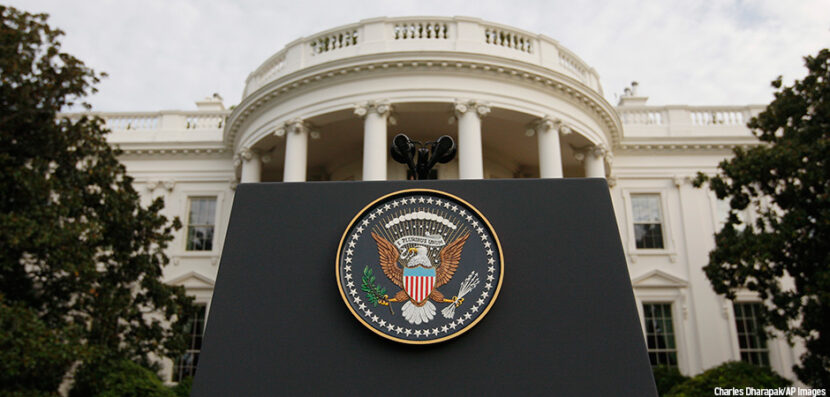Trump vs. the Automobile Companies
President-elect Donald Trump doesn’t take office until later this month, but already he is having a huge influence on the way business is done in the United States. Here, we look at the impact of some of Trump’s recent tweets and criticisms and their impact, particularly on the automobile industry.
Ford
Nearly a year ago, Trump began voicing strong opposition to Ford Motors’ plan to build a new plant in Mexico. At the time, it seemed unlikely that Trump’s criticism would hold any traction with the auto maker. Earlier this month, however, Ford cancelled its $1.6 billion plan to build a new small-car assembly plant in San Luis Potosi, Mexico. Instead, Ford says it will invest $700 million into one of its existing plants in Flat Rock, Michigan, to build electric, hybrid, and self-driving cars. The new plan will add 700 jobs at the Flat Rock plant. The small cars that were supposed to be built at the new factory in Mexico will still be built, but at a plant that already exists across the border.
Ford officials claim that Trump’s criticism did not play a role in the company’s decision-making process. Rather, they say that the change was made because of the decreasing demand for small cars in the United States. However, this is not the first time that Trump’s words have shaped Ford’s policies. After discussions between Trump and the company’s chairman immediately following the November 8 election, production of a Lincoln SUV was moved from a plant in Mexico to one in Kentucky.
It’s finally happening – Fiat Chrysler just announced plans to invest $1BILLION in Michigan and Ohio plants, adding 2000 jobs. This after…
— Donald J. Trump (@realDonaldTrump) January 9, 2017
Ford said last week that it will expand in Michigan and U.S. instead of building a BILLION dollar plant in Mexico. Thank you Ford & Fiat C!
— Donald J. Trump (@realDonaldTrump) January 9, 2017
Also, though the company denies Trump’s influence, it is interesting to note that they called Trump directly to notify him about the recent Mexican plant changes before announcing the plans to the public.
General Motors
The most recent auto company to come under Trump’s social media spotlight is General Motors, the nation’s largest automaker. Last Tuesday, Trump tweeted a criticism of the company for building a hatchback version of a Chevrolet at a plant in Mexico. The tweet threatening GM with large border taxes if company officials did not move production of the car back into the U.S. It remains to be seen whether GM will comply with Trump’s demands as Ford did. GM has a lot to lose if Trump’s planned trade restrictions take place; in 2013, the company revealed its plans to invest $5 billion in Mexico over six years.
While moving all production of Ford and GM cars back into the United States helps preserve jobs, it also may have long-term negative impacts for consumers and American auto workers alike. In Mexico, auto workers make less than $10 an hour, while in the United States, unionized workers make $29 per hour. Higher wages mean that the cars will cost more, which could cause Americans to be able to purchase fewer cars–thereby lowering demand and causing a loss of jobs in the automobile industry. However, continuing to produce cars in Mexico will mean that GM will face continual criticism from the soon-to-be president.
A Twitter “Bully Pulpit”?
A term coined by President Teddy Roosevelt, a “bully pulpit” refers to a position of great power or authority that allows someone to speak out and be heard on any issue. Though Trump has not yet taken over the office of the president, his critical tweets are seen by many as a way for him to use his “bully pulpit” to promote his agenda–and not just regarding Mexican auto plants.
Last Tuesday, when the Republican House tried to eliminate an independent ethics committee, Trump tweeted his disapproval–alongside the strong criticism from national media outlets and many of the American people. Hours later, Republicans tabled the issue. The following day, Trump also urged Republican lawmakers to move slowly and carefully in their efforts to repeal the Affordable Care Act (“Obamacare”). That same day, he referred to Senate Democrats as “clowns,” and new Senate Democratic leader Charles Schumer as “head clown.”
Trump’s supporters praise his use of Twitter as a way to communicate directly with the people in his own voice, while at the same time bypassing traditional media outlets. His opponents, on the other hand, see his social media statements as encouraging division and potentially dangerous. Either way, one thing is evident: the president-elect is being heard loud and clear.



